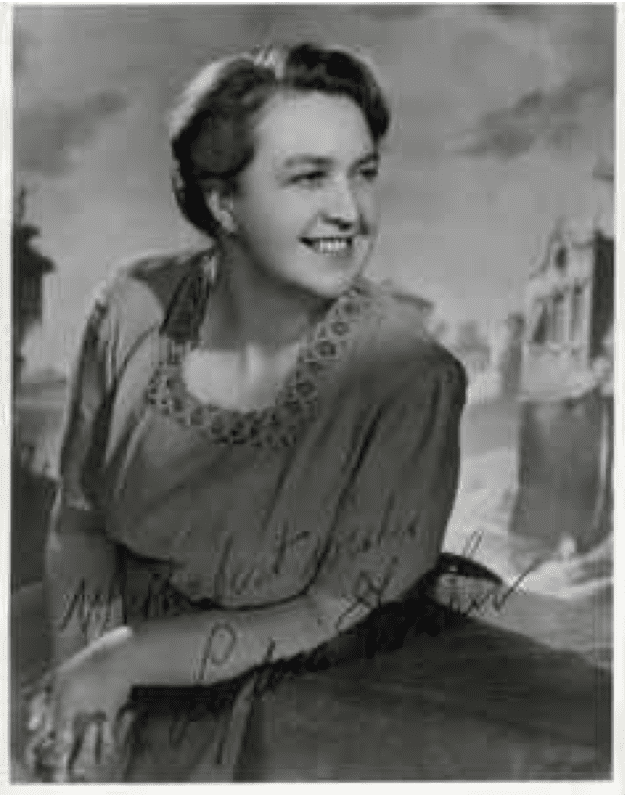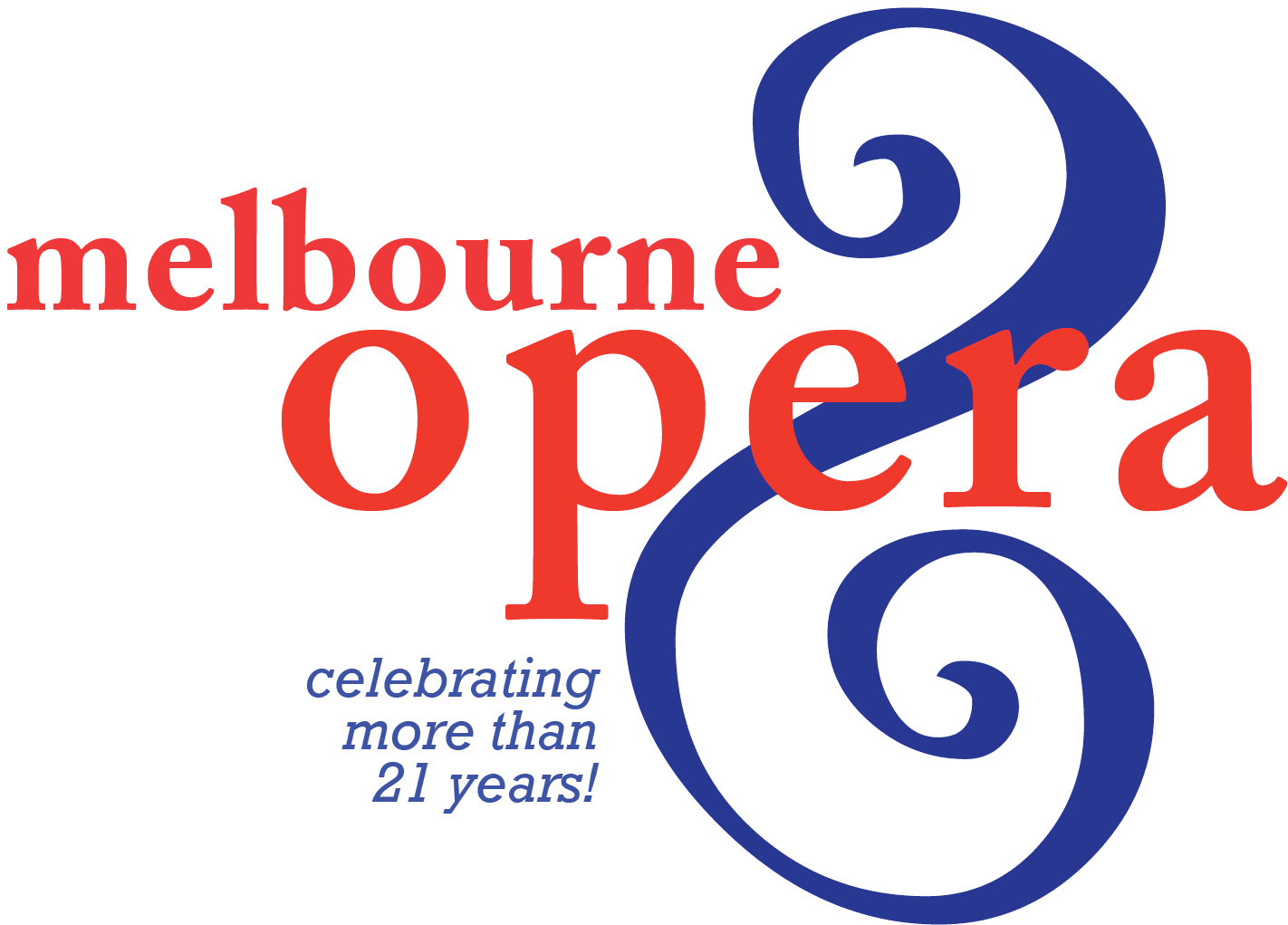Celebrating Sylvia Fisher

The bequest of Sylvia Fisher(1910–1996), a much-loved Australian dramatic soprano provided funds to start Melbourne Opera’s Richard Divall Program. Maestro Divall was a trustee of this fund and with his guidance before his passing in 2017, the Richard Divall Program was created.
Fisher was born in Melbourne and studied at the Albert Street Conservatorium with Mary Campbell. While a student she sang Hermione in Lully’s Cadmus et Hermione at the Comedy Theatre, her only stage appearance until her arrival in Britain. After winning the Melbourne Sun Aria Contest, in which she sang “Elisabeth’s Greeting” from Tannhauser, she embarked on a career as a concert singer, while studying further with Adolf Spivakowsky, to whom she attributed her later success.
After farewell concerts in Melbourne and Sydney, she left for London in November 1947. Fisher auditioned five times before the Covent Garden Opera Company accepted her for the role of Leonora in Beethoven’s Fidelio. Following her debut on 9 December 1948, a critic described her as ‘an outstanding singer with a true Covent Garden voice, sustained and thrilling in its resonance’ (Mackenzie and Mackenzie 1967, 175). The performance earned her membership of the permanent company, but it was her Wagnerian repertoire that brought her critical acclaim: Elsa in Lohengrin, Gutrune in Götterdämmerung, Sieglinde in Die Walküre, Isolde in Tristan und Isolde, Elisabeth in Tannhäuser, and Senta in The Flying Dutchman.
Fisher’s most famous role was her much repeated Marschallin in Der Rosenkavalier by Strauss. After her first performance in 1949, a critic in The Times remarked that ‘by sheer beauty of singing she makes the dramatic point of youth and age in pure lyrical terms’ (Mackenzie and Mackenzie 1967, 176). She performed Wagnerian roles in Italy and appeared as the Marschallin at the Frankfurt Opera House in 1957, but her career was mainly in Britain. Appearing as a concert soloist under the batons of Sir Thomas Beecham, Sir John Barbirolli, and Sir Malcolm Sargent, she performed the works of Bach, Beethoven, Verdi, Delius, Rossini, Schönberg, and Hindemith. She featured often in BBC Proms broadcasts and toured Australia in 1955 as a
From 1962 Fisher performed frequently with the Sadler’s Wells Opera Company, notably in operas by Britten. She appeared as Lady Billows in Albert Herring, the Female Chorus in The Rape of Lucretia, and Mrs Grose in The Turn of the Screw. When Gloriana was revived in 1966, she was commanding and dignified as Elizabeth I. Britten also created for Fisher the role of Miss Wingrave in Owen Wingrave, which premiered on BBC television in 1971. Her final appearance with Sadler’s Wells was in 1973 as Marfa Kabanicha in Janáček’s Kát’a Kabanová.
Fisher had ‘a shy, almost recessive, personality, but one that … switched on like electricity when she began to perform’ (Divall 1996). Returning to live in Melbourne in 1987, she was appointed AM in 1994. She died on 25 August 1996 at Toorak and was buried in the Melbourne general cemetery. Part of her estate was bequeathed to the Sylvia Fisher Fund, to support emerging opera singers in her home state.
(extracts from the ANU Dictionary of Biography, written by Thérèse Radic)
